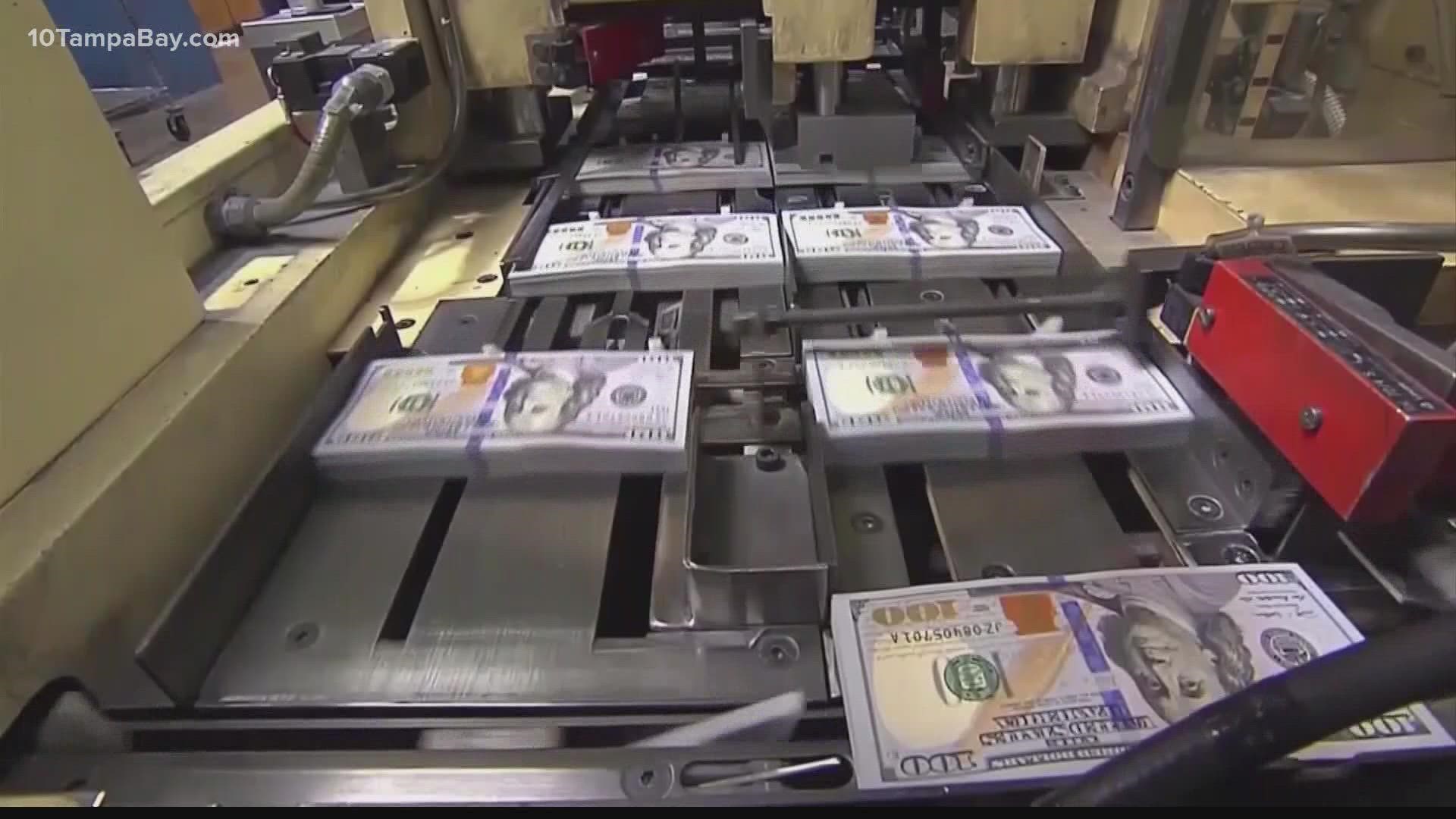TAMPA, Fla — In May, the state of Florida announced it would end the $300 federal unemployment benefit. Gov. Ron DeSantis said the extra financial incentive was keeping people from returning to the workplace.
But, new numbers suggest so far it could be having the opposite effect.
For two months, Stephanie Forester anxiously waited on the unemployment sideline. Even without an extra $300 dollars a week in federal unemployment benefits she was determined to find a better job. Not just a job.
“A lot of layoffs happened. And, unfortunately, I was part of it,” said Forester. “Stability first and foremost. Ability to grow is extremely important to me. I was a manager at my last position. I hope to do bigger and better things. I have great ideas for the industry I’m in.”
Payroll companies, which keep tabs on workers’ hourly shifts, recently found the loss of the $300 federal unemployment benefit was not pushing people like Forester back into the workplace.
Payroll Management Firm UKG found employment fell .9 percent in states where the federal benefits ended but rose 2.3 percent in states that still have them.
Similarly, work shifts grew 2.2 percent between May and July in states where benefits ended - 4.1 percent where the additional federal benefit has been maintained.
In February, Florida's unemployment rate sat at 4.7 percent. In May, when Florida announced it would end the federal $300 benefit, it was 4.9 percent. In June, it was 5.0 percent.
“We really hoped we would see an uptick when the unemployment stopped and these special incentives, we are starting to see more, but it still isn’t where we thought it would be,” said Barbie Barta, a hiring expert and CEO at Business Centric Technology.
Barta says it’s a clear indication it’s not just about the money.
“They are looking at how they are going to be treated by that new company. Or by their old company,” she said. “If they didn’t feel like they were being taken care of during COVID they may not go back.”
Raymond Glen is one of those workers. He was at a work development office in Tampa Monday looking for the "right fit."
“I have a degree. But Burger King doesn’t need my degree,” said Glen. “They have jobs available, but I don’t want that.”
In Florida, those without jobs have one of the lowest weekly unemployment benefits in the nation at $275.
Inflation is on the rise and rent protection could be threatened if eviction moratoriums are allowed to expire.
Still, even with or without the federal unemployment benefit, some are clearly waiting for a safer work environment, better wages, and what they hope will be a better future.
“I had other job offers but I specifically held out for this one,” said Forester. “It finally, even though it was a horrible thing to be let go, a blessing came out of it.”

